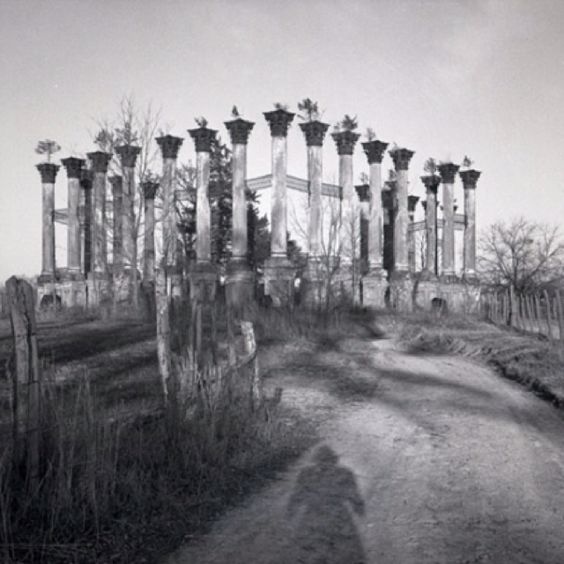CFPs for the 2024 ALA conference, May 23-26, 2024, Chicago, IL
Eudora Welty and Other Writers
Throughout her life, Eudora Welty cultivated relationships with other artists, especially writers, although she was never categorized as part of a particular group. Instead, Welty preferred to take part in an ongoing conversation about art and its place in the world through travel, friendships, and university classes/lectures. For this panel, we hope to explore writers who influenced Welty and writers Welty influenced. Consider the following possible topics (but other topics are encouraged): Welty and Friendship (the Norton anthology) and writers who were close friends; Welty and important influences such as Wolfe, Cather, Forster, Porter, Bowen; Welty and canonical writers such as Homer and Shakespeare; Welty’s youthful group of writer/friends from Jackson; Welty’s “students” (Elizabeth Spencer, Reynolds Price, others); Welty and living authors such as Jesmyn Ward and Alice Munro; Welty and the creative writing classroom. By December 1, 2023, please send titled proposals (250-300 words) and a short bio for this session to mclaxton@wcu.edu. Immediate expressions of interest are encouraged.

Eudora Welty, Madness, and Violence
We are seeking papers offering theoretical and critical approaches to Welty’s representations of “madness” and violence. These topics may be examined separately or as connected. Welty’s fiction teems with characters who are “mad” in the sense of being physically or mentally impaired; unreasonable or foolish; angry or violently explosive. The asylum is an integral part of Welty’s social landscapes and so is the eruption of violence in her fiction. From the earliest stories to her late work, female characters are “slapped” as in “A Piece of News” and later in “Music from Spain”; they are threatened or prodded with a gun, stabbed with a knife (“Flowers for Marjorie”) and killed every day (“The Purple Hat”); they hide their bruises (“No Place for You, My Love”); they suffer rape and abandonment in “At the Landing,” and “June Recital.” Violence is also directed against men (“The Hitchhikers”) or against the self (“Clytie” and “The Burning”) and it involves gender, race, and class in its complex physical and psychological manifestations. Racially motivated and black-involved violence occurs throughout her canon, think for example of Delta Wedding, “The Demonstrators,” and “Where is the Voice Coming from?” What insights are gained when we examine the appearance of “madness” and violence in Welty’s fiction? It has been more than 40 years since Gilbert and Gubar’s Madwoman in the Attic. What might we see today through the new lenses directed at gender, sexuality, race, trauma, disability, ecology, and history? By December 1, 2023, please send titled proposals (250-300 words) and a short bio for this session to atrefzer@olemiss.edu. Immediate expressions of interest are encouraged.
Eudora Welty Review
The Eudora Welty Review also invites essays (6,500-10,000 words) and notes of general interest (1,500-3,500 words) to Welty studies for the Spring 2025 issue.
Please also note EWR’s “seminar roundtable” section, featured in the 2019 and 2021 issues. If you are teaching Welty in undergraduate, graduate, or avocational constructs and want to select and edit 3-5 essays to submit for potential publication, please contact EWR co-editor Rebecca Harrison (rharriso@westga.edu).
The due date for submission of all essays and notes is September 1, 2024. Open call essays and notes should be sent to EWR co-editor Sarah Ford (sarah_ford@baylor.edu).